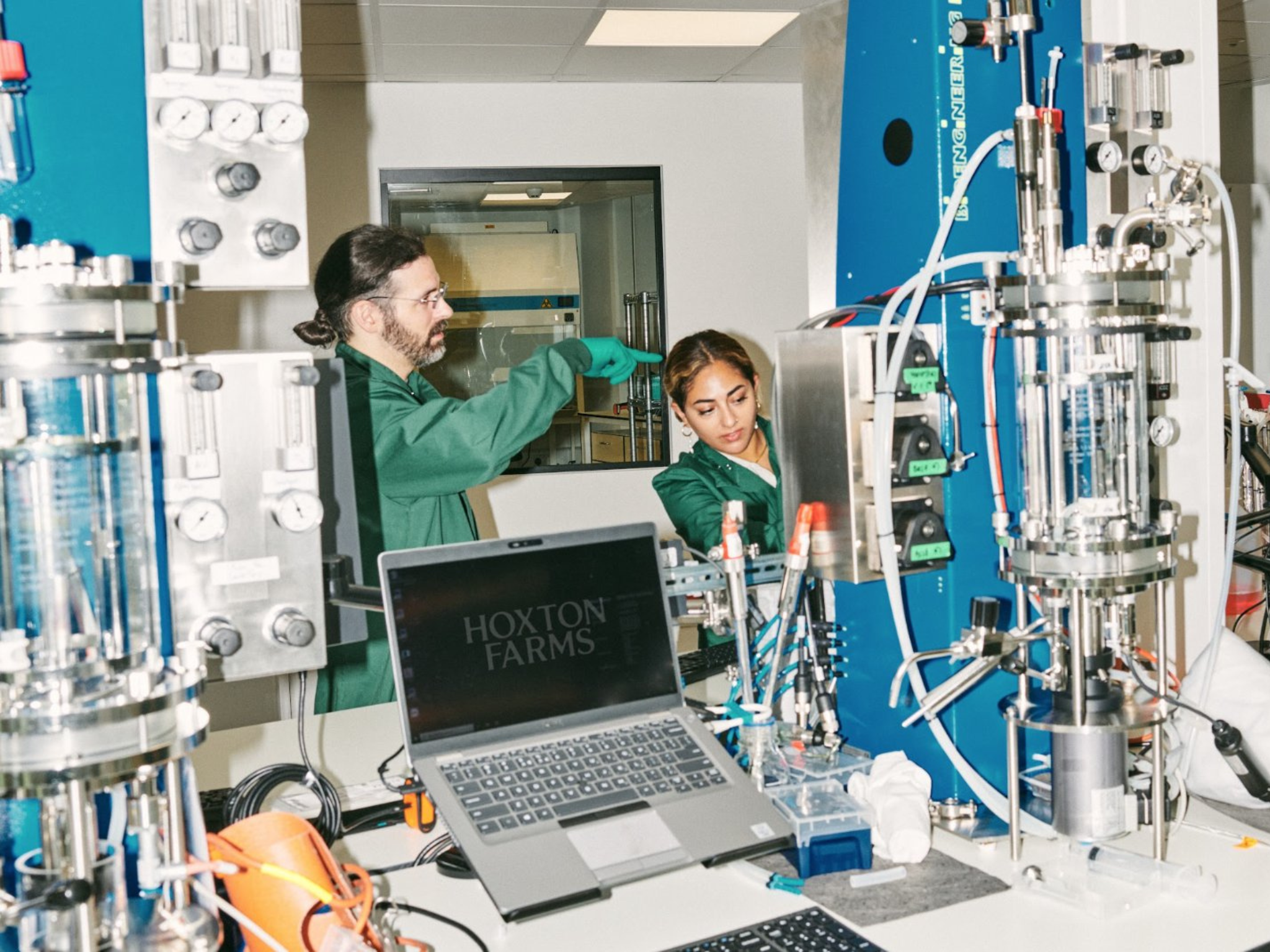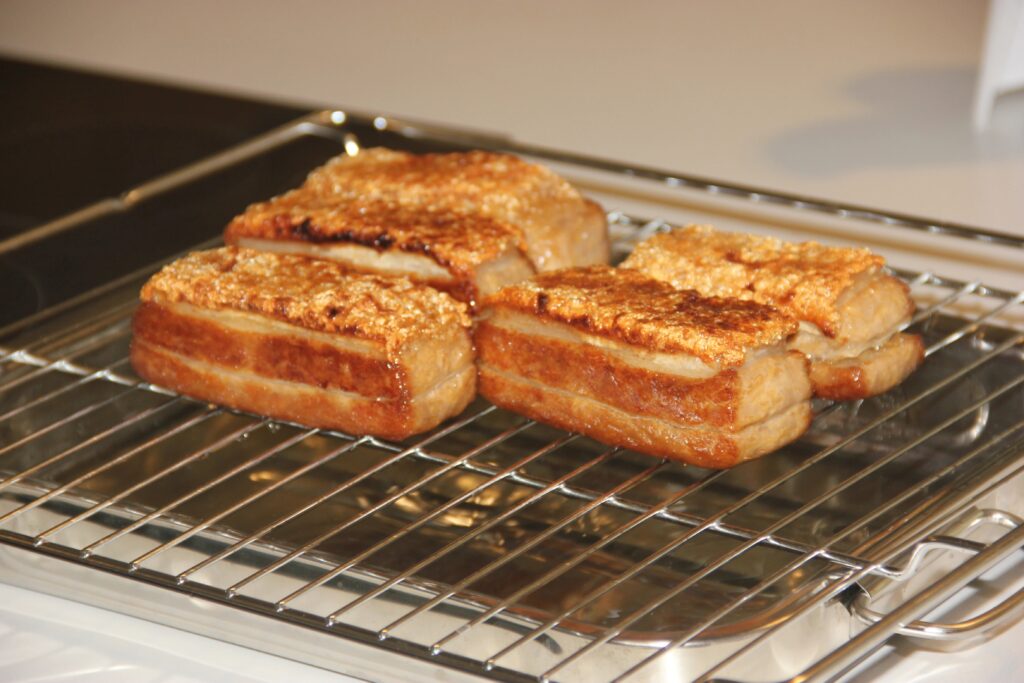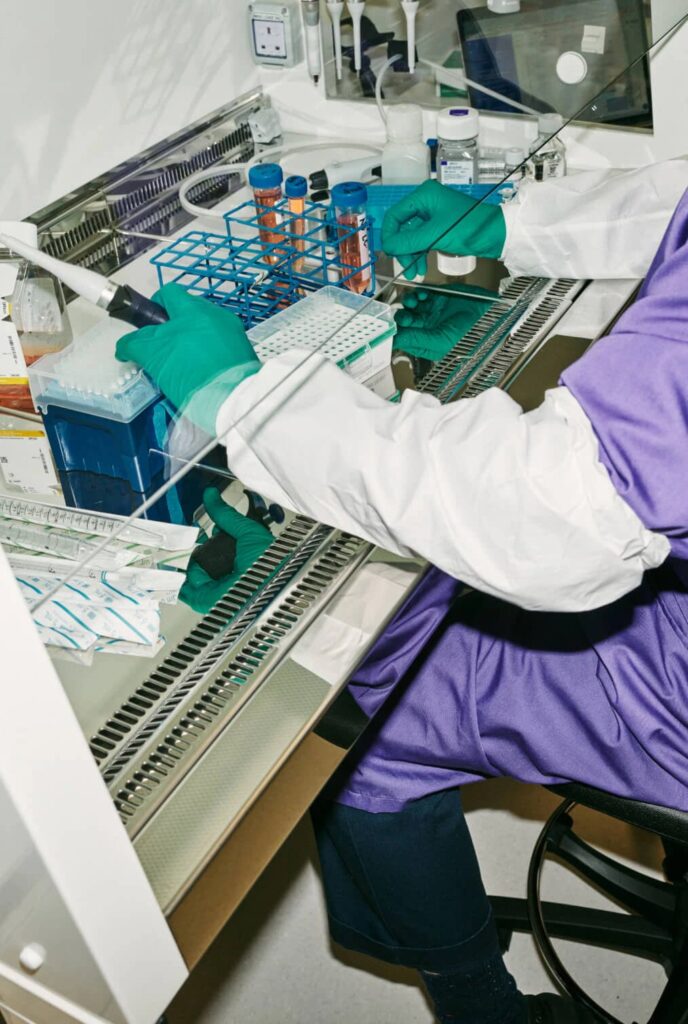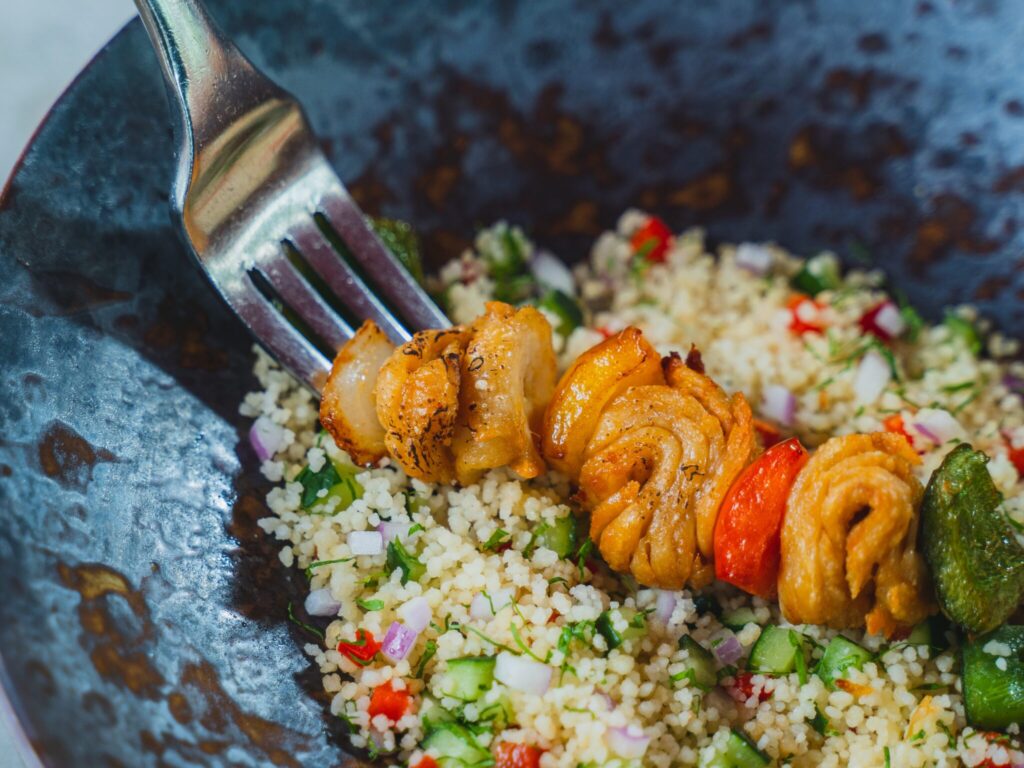
4 Mins Read
British cultivated pork startup Hoxton Farms has teamed up with Japan’s Mitsui Chemicals in its latest move, spotlighting Asia’s biomanufacturing leadership.
When it comes to cultivated meat, Europe is still playing catch-up thanks to its regulatory framework, leading many startups to look elsewhere. But while the US may be the only country to have approved four of these products for sale, the protein culture wars have left the novel industry vulnerable.
That leaves an Asia-sized opportunity for Europe’s alternative protein leaders, and they’re going all in. Several firms have applied for regulatory approval and struck partnerships to manufacture cultivated meat in the world’s largest continent, thanks to a thriving biomanufacturing ecosystem and an increasingly inviting regulatory landscape.
One of those companies is Hoxton Farms, the London-based producer of cultivated meat. In March, it teamed up with Japanese conglomerate Sumitomo Corporation to commercialise its pork fat ingredient in the country and the wider Asia-Pacific region.
Now, it is doubling down on Japan through a partnership with Mitsui Chemicals, which has joined as an investor in the British startup. They will work together to expand biomanufacturing, cultivated fat, and other cell-based ingredients across Asia-Pacific.
Hoxton Farms and Mitsui Chemicals to develop suite of cell-based ingredients

The collaboration will leverage Hoxton Farms’s technology and Mitsui Chemicals’s manufacturing expertise to accelerate the scale-up and commercialisation of biomanufacturing tech for high-value industries, including food, cosmetics, pharmaceuticals, and sustainable materials.
Hoxton Farms’s modular bioreactor systems are designed for large-scale cell culture at drastically low costs, paving the way for the manufacturing of a range of bioproducts. Mitsui Chemicals, meanwhile, has decades of experience in chemicals manufacturing, process engineering, and infrastructure development, alongside a portfolio of biomanufacturing-ready materials.
The two companies said they will co-develop and deploy advanced materials that enhance the efficiency, durability and scalability of biomanufacturing systems.
They will start with Hoxton Fat, a lipid derived from cultivated pork cells that offers manufacturers a “drop-in” replacement for unhealthy animal fats and poor-performing plant oils in products like soups, sauces, and even conventional meat. The alliance will further explore opportunities for other cell-cultured and bioengineered products – think cosmetics, cell therapies, or bio-based chemicals.
“Starting with Hoxton Fat, an innovative and delicious ingredient that aligns with the sustainability policy of Mitsui Chemicals Group, we look forward to working together to establish an ecosystem for a wide range of applications and worldwide regions, leveraging our knowledge of materials and manufacturing,” said Shunsuke Fujii, general manager of Mitsui Chemicals’s New Business Incubation Center.
Tapping into Asia’s biomanufacturing leadership

Max Jamilly, co-founder and CEO of Hoxton Farms, said: “As demand for sustainable alternatives grows across industries, we need a new generation of biomanufacturing infrastructure.” The goal of the collaboration is to unlock cross-sector innovation and economic growth in Asia-Pacific and across the world.
Globally, the next-gen biomanufacturing market, which offers low-carbon alternatives to petrochemicals and animal-derived products, was valued at $24B last year, and is expected to nearly triple by 2037. While North America retained the largest share, Asia-Pacific isn’t far behind.
This is thanks to a rise in policies establishing robust local supply chains that lower the reliance on imports and boost the economy. China has already established itself as a biomanufacturing leader, integrating biotech into its Made in China 2025 strategy and the 14th Five-Year Plan (covering 2021 to 2025).
Others are gaining ground too. South Korea’s Bio-Health Industry Promotion Plan looks to enhance its biotech ecosystem via initiatives like the Advanced Biotechnology Initiative and the National Synthetic Biology Initiative (which aims to turn 30% of its manufacturing into the bio-industry within a decade).
Singapore has long been a pioneer of food tech innovation, having been the first country to approve the sale of cultivated meat and gas proteins. The Biologics Pharma Innovation Programme Singapore, meanwhile, aims to boost local manufacturing via a public-private consortium.

Last year, India launched its BioE3 policy with a focus on accelerating tech development and commercialisation by setting up biomanufacturing hubs and biofoundries. Japan, meanwhile, wants to become the most advanced bioeconomy society by 2030, and has announced an $8B fund to support biomanufacturing.
Meanwhile, Singapore is already assessing several more regulatory filings for cultivated meat, as are Thailand and South Korea. And just this week, Australia and New Zealand granted final approval for Vow to sell its cultured quail (which has been available in Singapore since spring 2024).
Speaking to Green Queen in March, Jamilly said: “We will file this year in Singapore and the US, followed by UK and other jurisdictions such as Thailand, Japan, Korea, and Australia and New Zealand. We expect to go to market in Singapore first.”
The post Cultivated Meat Firm Hoxton Farms Goes All-In On Asia’s Biomanufacturing Prowess appeared first on Green Queen.